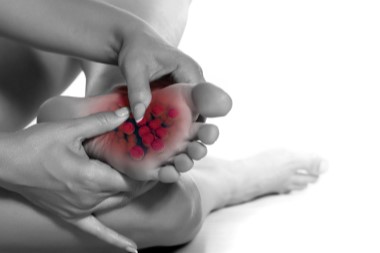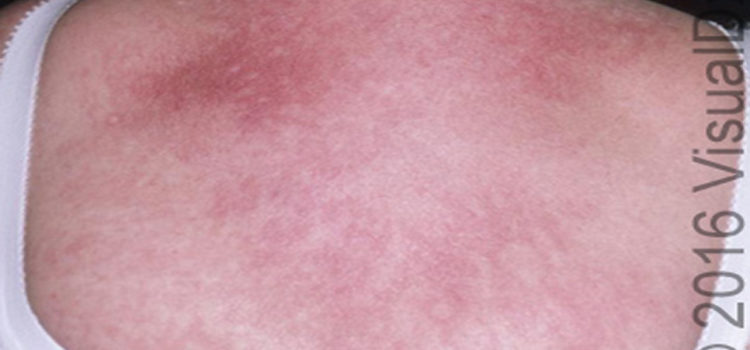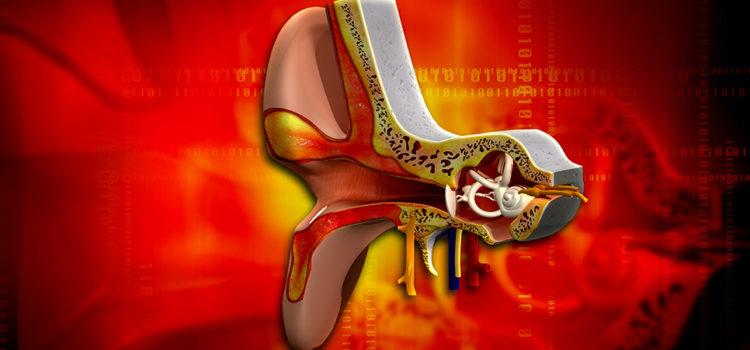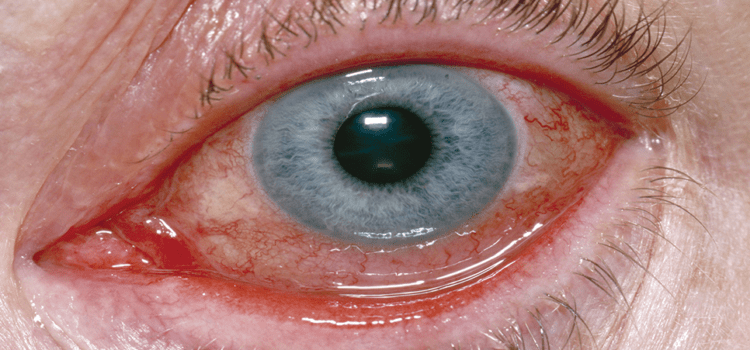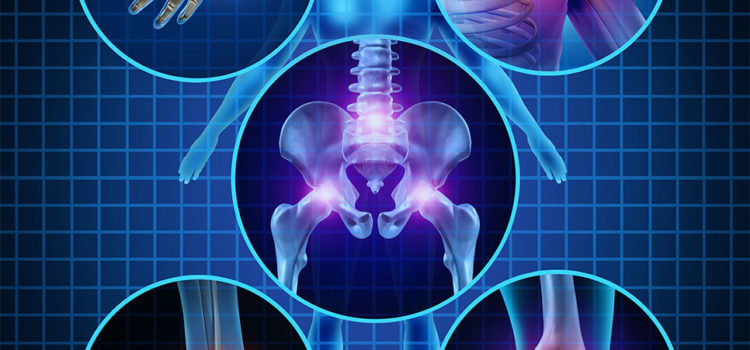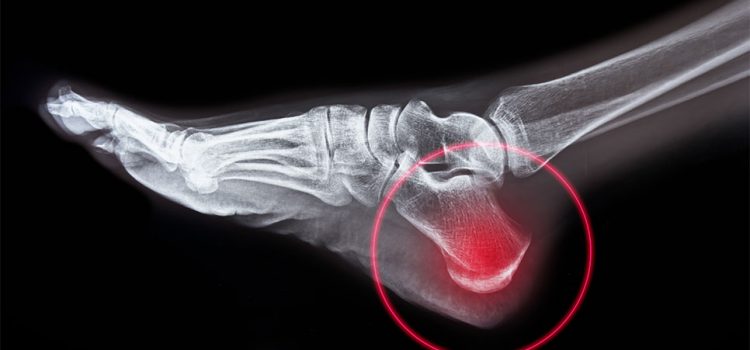Urgent message: Staphylococcus aureus is a common pathogen in the community—one that can lead to a range of infections, including abscess and sepsis. Invasive methicillin-resistant S aureus (MRSA) infections have decreased in the healthcare setting; however, at the same time, community-acquired infections have increased. Delayed treatment increases morbidity and mortality. Jordan Miller, DO and Ari Leib, MD AN ILLUSTRATIVE CASE A 40-year-old female presented to an urgent care center with the chief complaint of a …
Read More